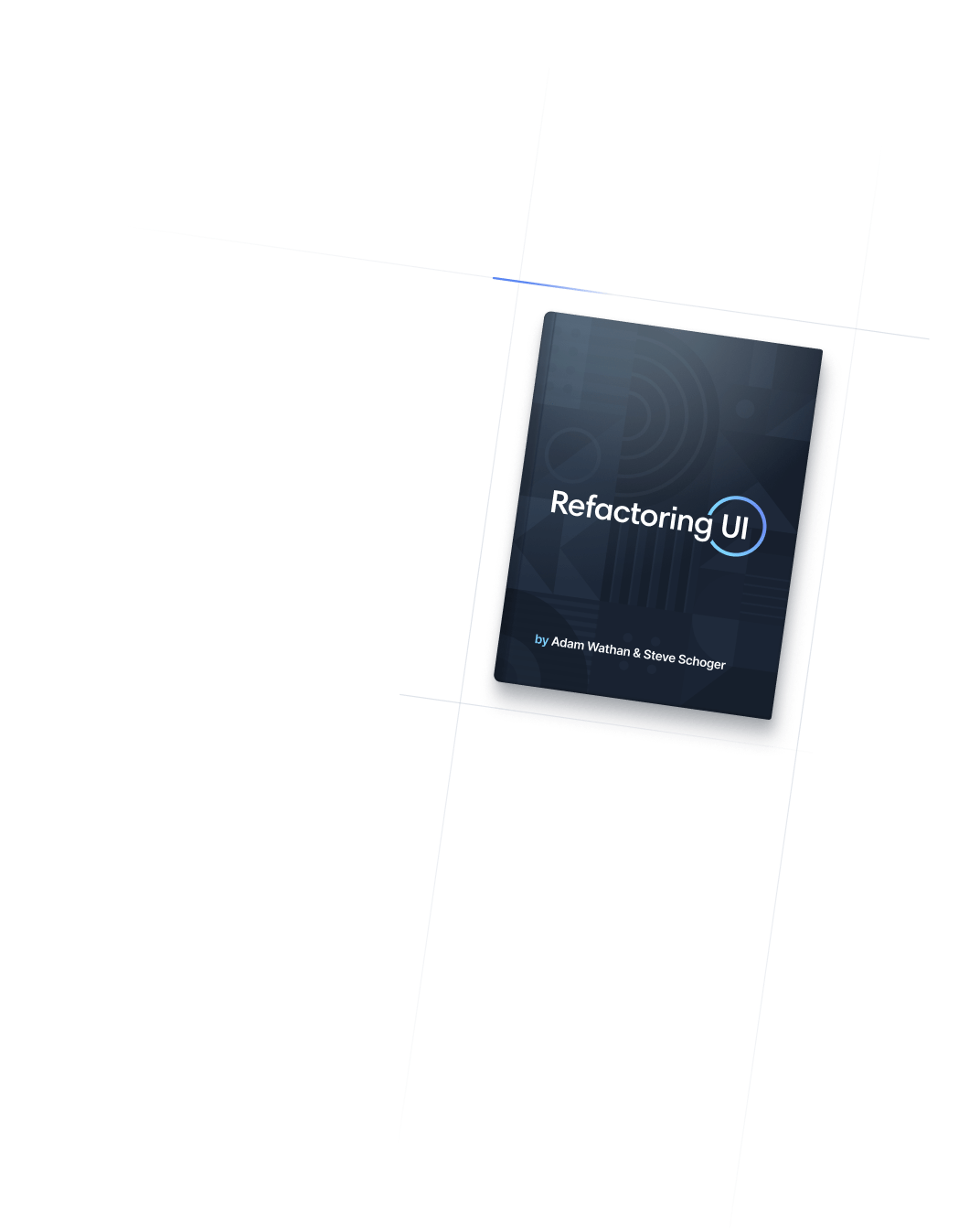
- Borders
- Outline Offset
Borders
Outline Offset
Utilities for controlling the offset of an element's outline.
Quick reference
Basic usage
Setting the outline offset
Use the outline-{offset} utilities to change the offset of an element’s outline.
outline-offset-0
outline-offset-2
outline-offset-4
<button class="outline outline-offset-0 ...">Button A</button>
<button class="outline outline-offset-2 ...">Button B</button>
<button class="outline outline-offset-4 ...">Button C</button>Applying conditionally
Hover, focus, and other states
Tailwind lets you conditionally apply utility classes in different states using variant modifiers. For example, use hover:outline-offset-2 to only apply the outline-offset-2 utility on hover.
<button class="outline hover:outline-offset-2">
<!-- ... -->
</button>
For a complete list of all available state modifiers, check out the Hover, Focus, & Other States documentation.
Breakpoints and media queries
You can also use variant modifiers to target media queries like responsive breakpoints, dark mode, prefers-reduced-motion, and more. For example, use md:outline-offset-2 to apply the outline-offset-2 utility at only medium screen sizes and above.
<button class="outline md:outline-offset-2">
<!-- ... -->
</button>
To learn more, check out the documentation on Responsive Design, Dark Mode and other media query modifiers.
Using custom values
Customizing your theme
You can customize the outline-offset-{width} utilities by editing theme.outlineOffset or theme.extend.outlineOffset in your tailwind.config.js file.
module.exports = {
theme: {
extend: {
outlineOffset: {
3: '3px',
}
}
}
}
Learn more about customizing the default theme in the theme customization documentation.
Arbitrary values
If you need to use a one-off outline-offset value that doesn’t make sense to include in your theme, use square brackets to generate a property on the fly using any arbitrary value.
<button class="outline-offset-[3px]">
<!-- ... -->
</button>
Learn more about arbitrary value support in the arbitrary values documentation.

